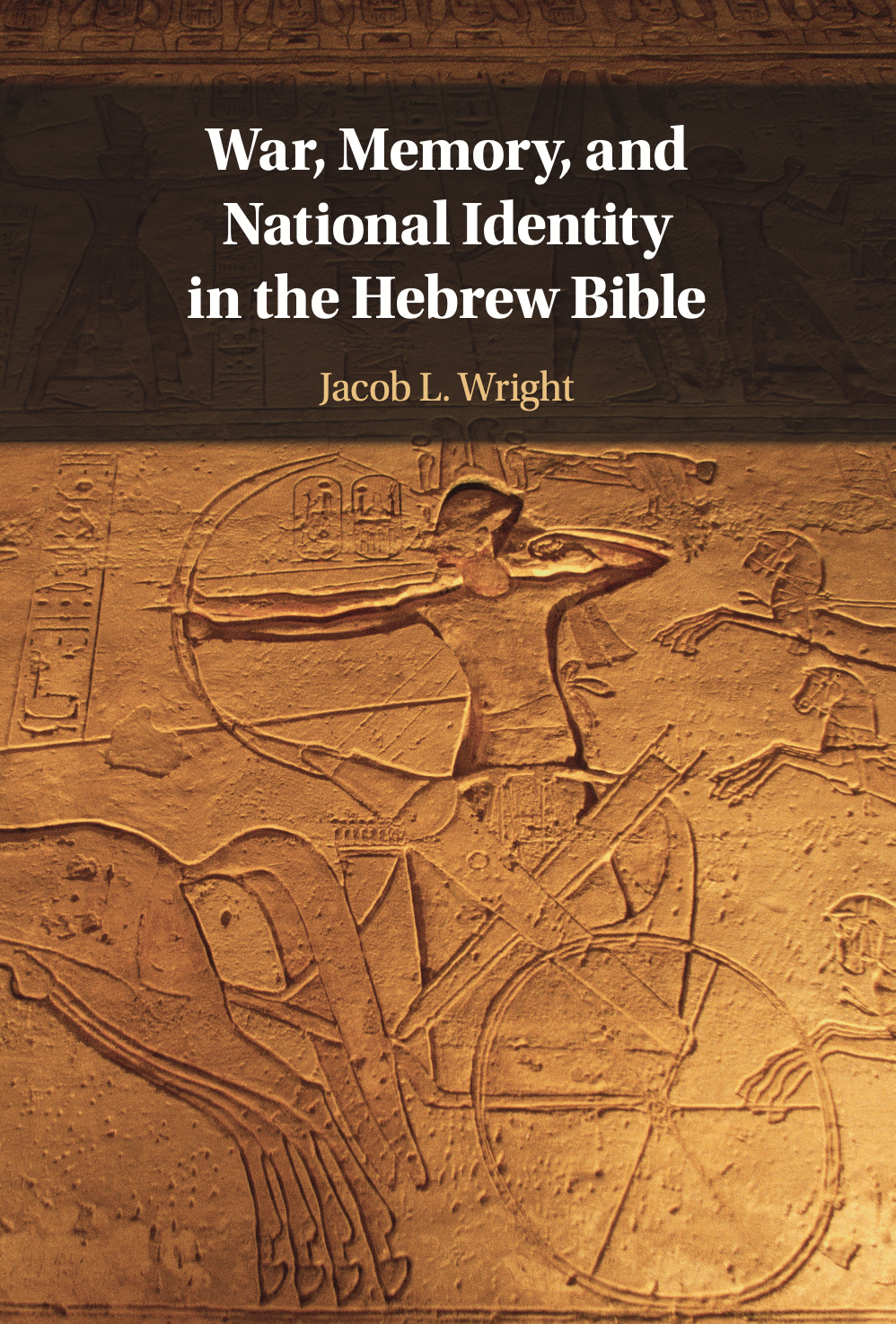War, Memory, and National Identity in the Hebrew Bible
by Jacob L. Wright
Jacob L. Wright is Associate Professor of Hebrew Bible at the Candler School of Theology, and associate faculty member at the Center for the Study of Law and Religion.
The Hebrew Bible is permeated with depictions of military conflicts that have profoundly shaped the way many think about war. Why does war occupy so much space in the Bible? In this book, Jacob Wright offers a fresh and fascinating response to this question: war pervades the Bible not because ancient Israel was governed by religious factors (such as 'holy war') or because this people, along with its neighbors in the ancient Near East, was especially bellicose. The reason is rather that the Bible is fundamentally a project of constructing a new national identity for Israel, one that can both transcend deep divisions within the population and withstand military conquest by imperial armies. Drawing on the intriguing interdisciplinary research on war commemoration, Wright shows how biblical authors, like the architects of national identities from more recent times, constructed a new and influential notion of peoplehood in direct relation to memories of war, both real and imagined.
“Wright has provided an exemplar of the interdisciplinary study that should mark today’s engagements with biblical warfare texts. This interdisciplinarity includes engagement with political theory and philosophy, sociology, anthropology, classical Greek literature, and international law. Readers of this monograph will find both a compelling technical approach to specific biblical texts and an invitation to a broader social and cultural conversation much needed in our time.” Brad E. Kelle, Society of Biblical Literature

More places to read or download this book
From the author
Being able to make my book available in an open access format was a real blessing. One group of readers I wanted to reach are students from Emory-Coursera's “massive open online course” (MOOC) on the Bible. Located all over the world, many of these students do not have the means to purchase an expensive monograph, and some live in places where possessing a physical book, even an academic one, on Jewish history or the Hebrew Bible is dangerous. Moreover, for our students at Emory or our classes in the community, it is nice being able to send a link to a free book. Academics earn little (if any) money on the monographs they publish, and making our work available free of cost is real game changer. (The day after the book was published, it was downloaded over 6,000 times — and then almost 25,000 times in the following months.) Best of all: it was easy! Thanks to the staff at Emory’s Digital Publishing in the Humanities Initiative, the process couldn’t have been smoother.

